The Forgotten South Ossetian War of 1919-1920
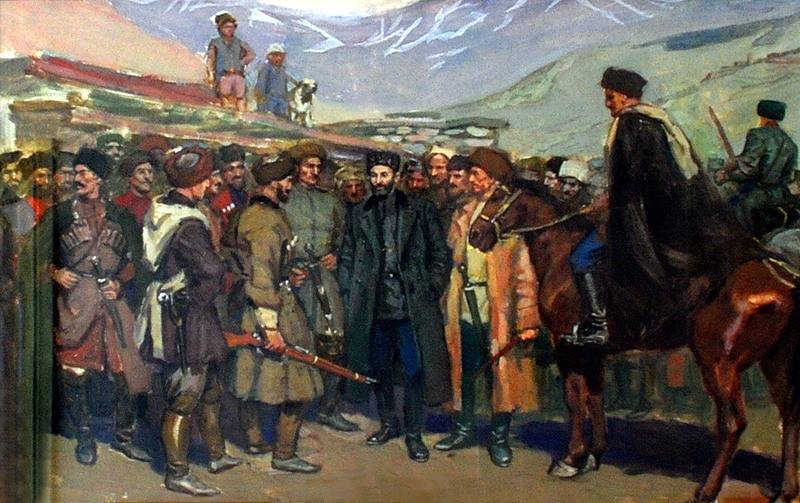
Menshevik Georgia in revelry of political terror
At that time, more than curious in the modern context of speech came into fashion. According to the memoirs of Philip Isaevich Makharadze set forth in his book “The Dictatorship of the Menshevik Party in Georgia,” Noah Zhordania declared:
One of the leaders of the Georgian Mensheviks and member of the Constitutional Assembly of Georgia Seid Devdariani went even further, declaring:
The author does not even wonder where Devdariani got the proletariat from several tobacco factories in agrarian Georgia, but it is simply impossible to keep silent about the “dictatorship without blood”. Even if it is cynical to put South Ossetians out of the brackets, only in Georgia about a thousand Bolsheviks were sent to prison, not counting those who were shot without any intentions. All the Bolshevik publications in February of the 1918 were closed. In addition, the country was shocked by peasant uprisings and the number of dissatisfied with the new government was growing, so the "Special Detachment" was created, which was engaged in the suppression of all dissent.
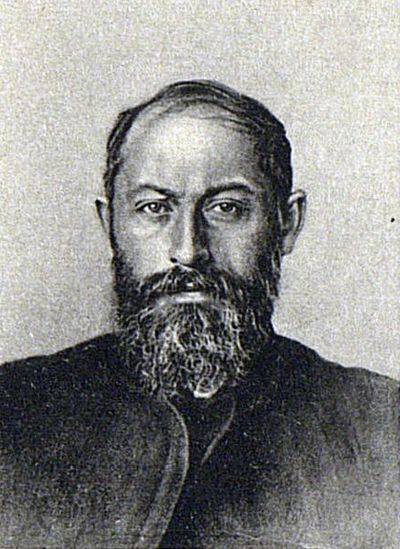
According to the memoirs of Leo Trotsky (one of the most knowledgeable people of his time, despite the author’s attitude to him), the Georgian Menshevik government was not shy in the methods of “political” struggle:
However, representatives of the Entente, which, in part, partly financed the new Georgian regime, looked at it all through their fingers, though carefully lubricating their blindness with humanistic rhetoric. Members of the National Council of Ossetians submitted to the countries of the "enlightened" West "Memorandum of the People of South Ossetia", which featured the demand for reunification of the North and South Ossetia. The document was compiled in Russian and French (the language of international diplomacy at that time). But even the "international community" did not open its eyes to this.
The rampant persecution of dissidents, especially Ossetians, reached the point of absurdity. So, one of the former students of the Tskhinvali gymnasium, who participated in communist meetings and worked in a metalwork and blacksmith workshop, temporarily kept a drilling machine. In order to discourage children, he called the machine "machine gun." The younger brother boasted to a peer that they have a machine gun. Soon, the peer father, the Menshevik Kasradze, found out about this. In the evening, the “national guard” came into the house of the former schoolboy, requisitioned the “machine gun” and, together with the owner and household members, delivered it to the headquarters. According to the memoirs of Viktor Gassiev, even though the whole of Tskhinval made fun of the “guards”, they still sent the “machine gun keeper” to prison.
Fighting in South Ossetia 1919-1920's
South Ossetia at that time was formally controlled by Tiflis, but in fact it continued to "vilely" speak Ossetian and Russian languages, and choose the local population for local posts. In the 1919 year, Georgia was covered by a wave of uprisings against the government and the Menshevik elite. Ossetians also join the uprising. In October of the same year, Tiflis introduced troops into South Ossetia. Soon, small groups of rebellious Ossetians were driven out of Tskhinval and the surrounding villages. The uprising was crushed on the territory of Georgia. With no support, the headquarters of the uprising in December 19 laid down their arms. But the situation remained so tense that Georgian troops did not dare to go further than the mountain village of Uanel (north of South Ossetia).
Finally, taking advantage of the control of part of South Ossetia, the Bolshevik-Ossetians proclaimed Soviet power in the republic simultaneously with the formation of armed detachments. At the same time, a detachment of 1000 fighters recruited from South Ossetian refugees came from Vladikavkaz towards the village of Ruk. In early June, consolidated Ossetian units went towards Dzau. Already on the 6 of June of the 1920 of the year, Ossetian forces under the command of Arsen Dzutstsev defeated the Georgian detachment near the above-mentioned village. The prisoners were sent to North Ossetia. It is surprising that later than all the prisoners ... they were released, at the direction of the chairman of the regional executive committee Kvirkvelia.
On the morning of the next day, fighting broke out on the outskirts of Tskhinval, which in the evening ended in a victory for the forces of Soviet Ossetia. Having learned about the new uprising and loss of Tskhinval, Tiflis, despite the rout of the Georgian troops in Abkhazia by General Denikin, who was stopped only by the "allies" from the Entente, removed all possible forces and sent them to suppress Ossetians.
On 12 of June at 4 in the morning, Georgian troops approached Tskhinvali, reinforced by artillery, which the Ossetian rebels did not have. The assault on the city began with shelling, which lasted for two hours. Only at the village of Tirdznis there was a battery of 6 guns. After the artillery bombardment, Georgian infantry moved in three chains at the Ossetian position.
By noon, the Ossetian forces did not exceed 500 fighters. The situation was aggravated by the fact that the villages captured by the Georgians instantly began to glow, and the rebels could hear the cries of civilians - women, children, old people. Many rushed to save their families, exposing the front. The village of Pris was the first to flare up, in the area of which the Georgians managed to break through the defenses. The Ossetian-Bolshevik command decided to move to the village of Kekhvi (after the war of the 2008 year, it no longer exists, because it was inhabited by Georgians who left a couple of days before the August 8), north of Tskhinval. The headquarters of the Ossetian forces is located even further north - in Dzau. In unfortunate Tskhinval and suburban villages, whose population did not have time to escape, a rampant violence began. Chermen Begizov, the commander of the rebels of the village of Ruk, recalled:
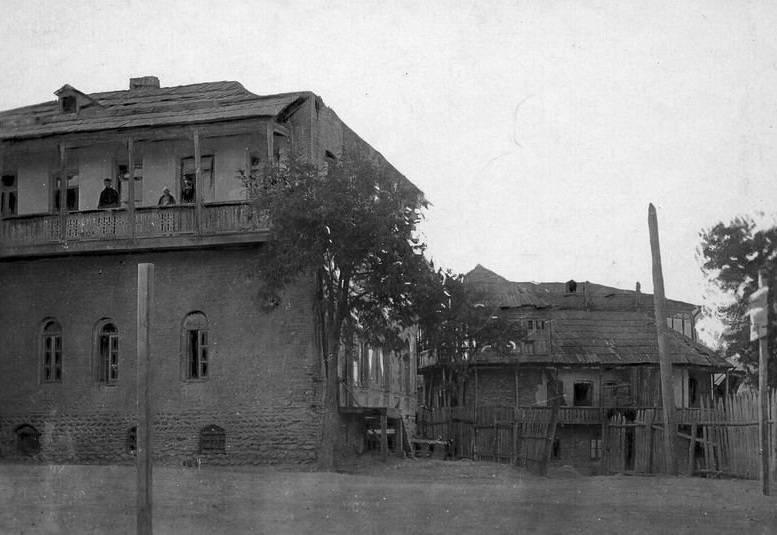
The lack of people was aggravated by the lack of ammunition. Vladimir Alexandrovich Gazzayev, a medical doctor by training, a future writer and translator, and in the 1920 year, the combat commander of Ossetian Bolshevik rebels wrote:
It soon became clear that the main task of the Ossetian detachments was to cover the general retreat of the civilian population. Despite the rapidly thinning ranks of the defenders, detachments of 5-15 people continued to separate from the main forces to protect the evacuation of a settlement. Most of the villages already occupied by Georgian troops flared up instantly, like matches, without any tactical or strategic need.
Midt Khasiev, the commander of one of the detachments, later recalled how he personally encountered the predatory habits of the invaders:
But all this was only the beginning of the hardships of the South Ossetian people. A true rampant genocide and mass robbery was just ahead. Soon, everyone who could leave will begin to die of hunger and cold in the Caucasian highlands, and those who remain on their own land will be forced to hide in the forests, since not only rebels, Bolsheviks and their sympathizers will be subjected to repression and all ethnic Ossetians.
To be continued ...
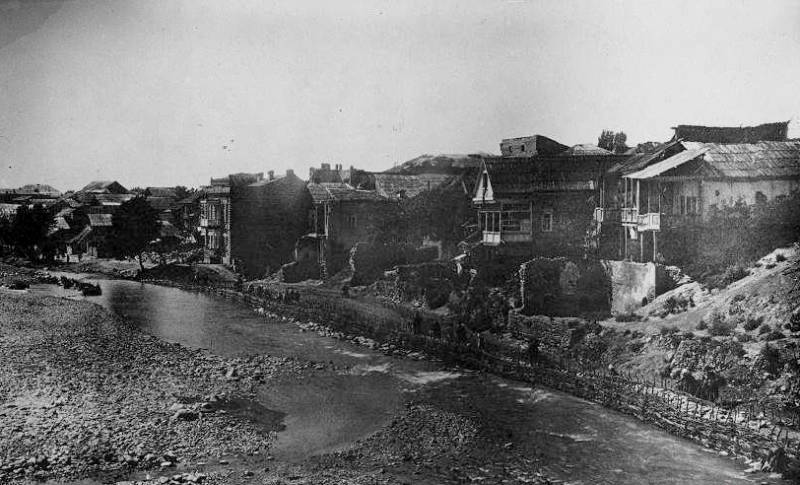
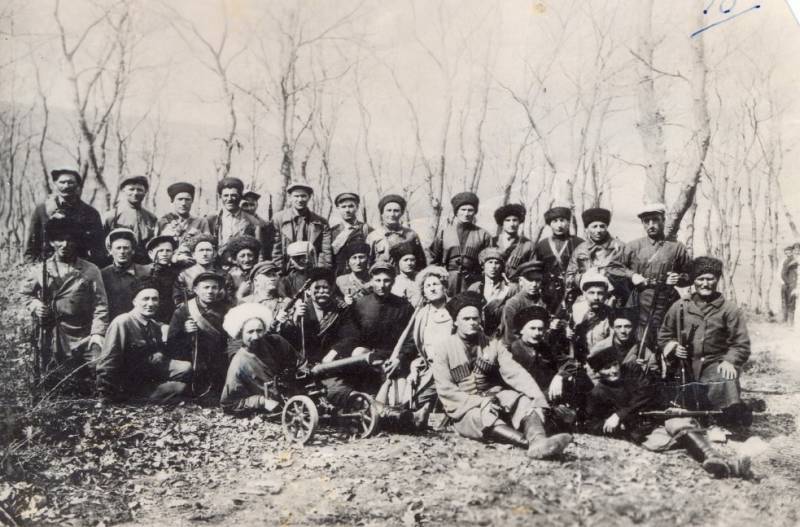
Information